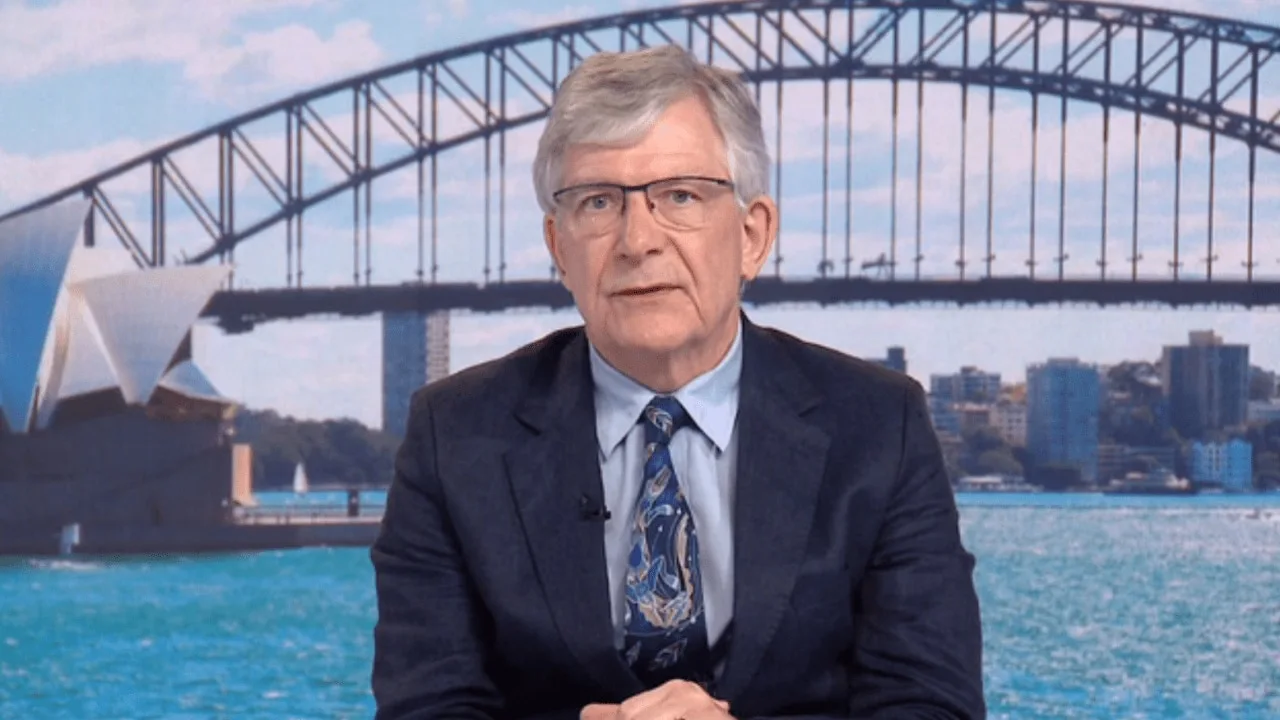A top Australian energy scientist has questioned how Labor’s current energy policy could deliver cost effective solutions to consumers on dilute renewables amid soaring power bills.
The former head of the Australian Nuclear Science and Technology Organisation (ANSTO), Dr Adi Paterson, told Sky News on Friday evening that the cheapest form of energy is nuclear plus renewables and as few batteries as possible.
Despite his expertise in nuclear energy, Mr Paterson said he could not understand how the government thinks its current policy is the best way to provide low cost to consumers.
“I cannot understand how our government thinks that the current energy policy, which is based on dilute renewables, can get us to a really reliable low cost to consumers, the cost at the meter,” he told Sky News host Steve Price.
“This government fundamentally mixes up the cost at the fence of the facility, which is really cheap if you do solar and wind, with the cost of the meter to the consumer, which goes up if you have too much solar and wind.
“And we know that the cheapest form of energy working with renewables, not fighting with renewables, is nuclear plus renewables and as few batteries as possible.
“We’re pursuing this crazy dream which is on the input side of the energy economy…which is we want to be a world leader in zero carbon with renewables, which has never been done anywhere and which is a grave mistake.”
This comes as NSW Premier Chris Minns announced on Thursday the government would hold talks to to save the potential collapse of the nation’s largest aluminium smelter as it struggles with crippling power bills and poor availability of renewable energy.
Rio Tinto-owned Tomago, located north of Newcastle, is reportedly seeking billions of dollars in public funds to prevent collapse.
The producer uses about 10 per cent of NSW’s power supply and makes about 37 per cent of Australia’s primary aluminium.
Its collapse could lead to more than 1,000 people losing their jobs, while 5,000 indirect workers could suffer.
NSW Premier Chris Minns stressed Tomago was a “big employer in NSW, it’s a dynamic part of the state, the Hunter and manufacturing is a big part of its future”.
“It’s difficult for me to speculate about what the next steps are,” Mr Minns told reporters.
“In order for us to have an effective intervention, we need to have commercial discussions with the owners and operators of (Tomago). That’s what we’re doing.”


